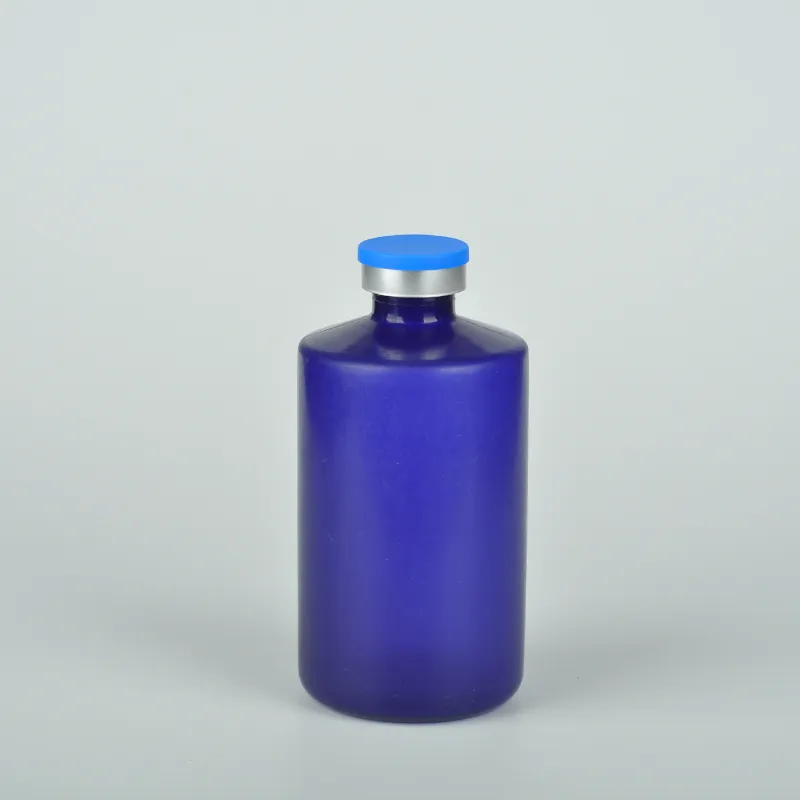https://www.wahmg.com/)">
what test tube used for
what test tube used for
What Test Tubes Are Used For
Test tubes are essential tools in laboratories, used widely in various scientific disciplines including chemistry, biology, and medicine. Their versatility and functionality make them invaluable for a range of applications, allowing scientists to conduct experiments, mix substances, and analyze samples with precision.
What Test Tubes Are Used For
In biological laboratories, test tubes serve an equally critical function. They are employed for growing cultures of microorganisms or cells. For example, in microbiology, nutrient broth can be poured into test tubes to cultivate bacteria from samples. This allows researchers to study growth patterns, test antibiotic effectiveness, and explore other biological phenomena. Additionally, test tubes are commonly used in the preparation of DNA and RNA samples, facilitating genetic analysis and research in molecular biology.
what test tube used for

Test tubes also play a vital role in medical and clinical laboratories. They are utilized for collecting and transporting blood and other bodily fluids for analysis. Blood sample test tubes come with specific additives, such as anticoagulants or clot activators, which assist in the preservation and preparation of samples. These tubes are designed to minimize contamination and ensure accurate results, critical in diagnosing diseases and monitoring health conditions.
Moreover, test tubes are integral to educational settings, allowing students to engage in hands-on experiments. In high school and university laboratories, test tubes enable students to learn the principles of science through practical experience. From simple acid-base titrations to complex biochemical assays, test tubes facilitate an understanding of scientific concepts and laboratory techniques.
The materials from which test tubes are made are also worth noting. Glass test tubes are preferred for their ability to withstand high temperatures and their resistance to chemical reactions. However, plastic test tubes are often used for disposable applications, as they are less expensive and more convenient for one-time experiments. Each type of material serves different needs depending on the nature of the experiment and the substances being handled.
In conclusion, test tubes are fundamental apparatus in scientific research and education. Their wide-ranging applications—from holding solutions for chemical reactions to cultivating cell cultures and analyzing medical samples—make them a cornerstone of laboratory work. As science continues to advance, the design and utilization of test tubes will undoubtedly evolve, but their core purpose as a reliable tool for experimentation will remain unchanged.
-
Wholesale Plastic Juice Bottles with Caps 16 oz Options Available Bulk Packaging SolutionsNewsJun.10,2025
-
Laboratory Apparatus Reagent Bottle – Durable & Chemical Resistant Bottles for Safe StorageNewsJun.10,2025
-
Squeezable Dropper Bottles Durable, Leak-Proof & CustomizableNewsMay.30,2025
-
Affordable Plastic Petri Plates Sterile & Disposable Lab-GradeNewsMay.30,2025
-
Eye Dropper Caps Precision 24/410 & Plastic Bottle-Compatible TipsNewsMay.30,2025
-
Affordable Mini Spray Bottle Price & Wholesale Deals Shop NowNewsMay.29,2025





















